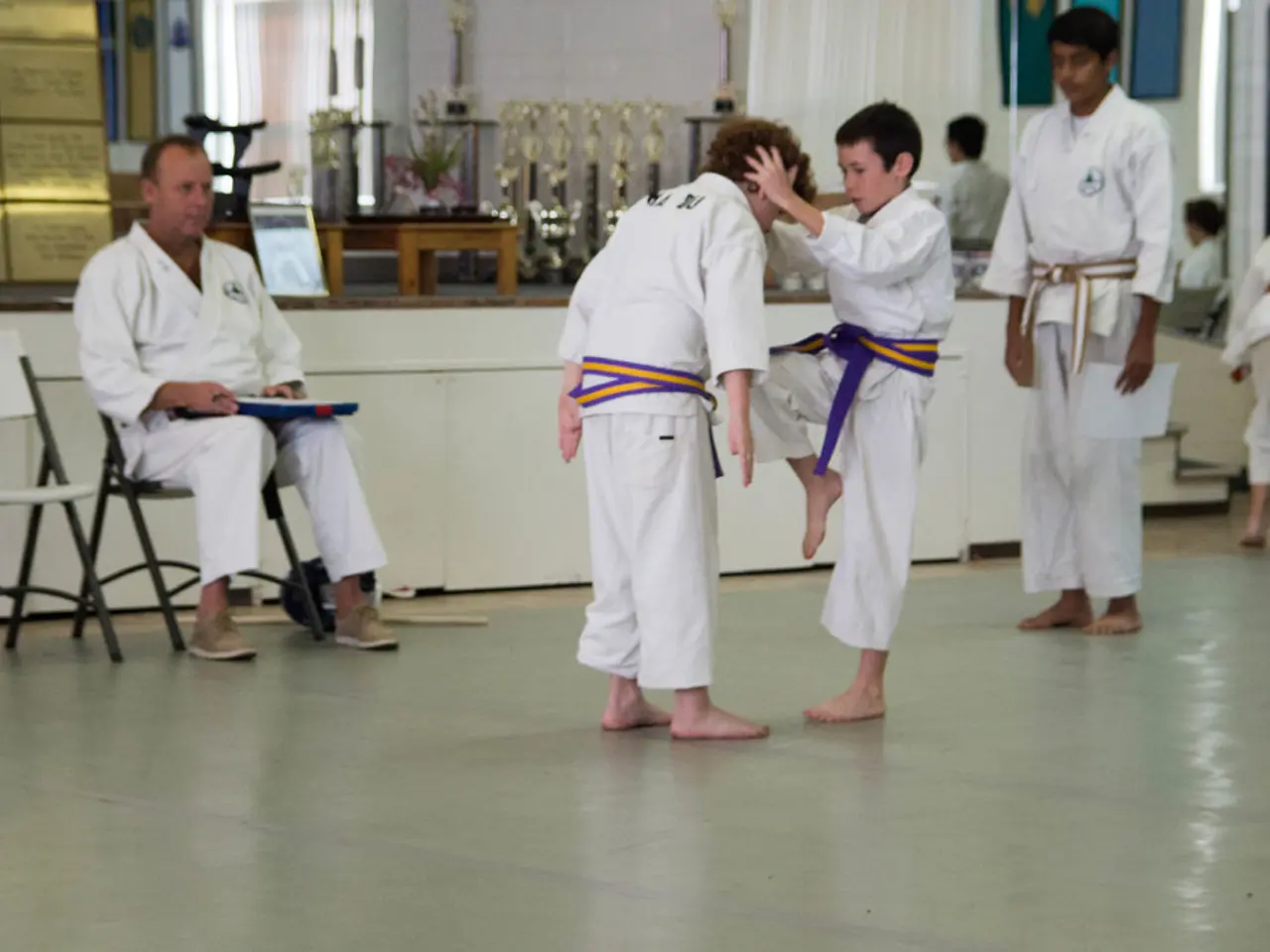Reducing Dementia Risk by Almost a Third Via Specific Brain Exercises
In a groundbreaking decade-long study, known as the ACTIVE (Advanced Cognitive Training for Independent and Vital Elderly) study, researchers discovered that a specific cognitive exercise called "speed of processing training" can significantly reduce the risk of dementia. This study involved 2,802 healthy seniors with an average age of 74, and its design is solid by public health standards, with a large sample size, randomized controlled setup, long-term follow-up, and clear differences between groups.
The impact of this training is a 29% reduction in dementia risk over a decade. Critics, however, question how a brief training of ten hours could generate effects that last a decade. Yet, the statistical significance of the study is close to the conventional threshold of 0.05, raising the possibility that the result was not a fluke.
The key to maintaining brain health might not be deep thinking but fast seeing, as speed of processing training might be the missing piece. This training effectively reduces dementia risk by improving cognitive functions related to processing speed, attention, and executive control, which are crucial in daily decision-making and memory. By maintaining or enhancing these cognitive capacities, the training helps delay the onset of cognitive decline associated with dementia.
The speed of processing training focuses on improving visual processing speed, not memory, vocabulary, or logic. The exercises involve recognizing brief visual targets at high speed, dividing attention between multiple parts of the screen, filtering out irrelevant stimuli, and continuously increasing difficulty as performance improves. The "useful field of view" principle is at the heart of speed of processing training, aiming to expand this field and sharpen the brain's ability to react quickly to visual stimuli.
After ten years of follow-up assessments, speed of processing training was found to have a statistically significant protection against dementia. The study's findings, if borne out in future studies, could potentially reduce dementia risk by 10% or more across the population.
In a world where brain aging feels inevitable, the ACTIVE study delivers a refreshing and empowering message: you can train your brain to stay faster, stronger, and more resilient. Programs modeled on the ACTIVE study, like the Double Decision module from BrainHQ, are among the few that match the training protocols used in the research.
A holistic brain-health blueprint includes regular aerobic activity, diets like the Mediterranean and MIND diets, meaningful social interaction, good sleep, stress reduction, and managing cardiovascular health. Researchers are working on personalized prevention plans, multi-domain intervention studies, early intervention models, next-gen tools like AI and virtual reality, and new cognitive targets.
It's essential to practice consistently and look for training that targets speed of processing, not general brain games. Dementia affects over 50 million people globally and nearly 10 million new cases are added each year, with an expected economic toll of $2 trillion by 2030. Ensuring that the exercises adapt to your performance, increasing difficulty as you improve, is key to maximizing their effectiveness.
In conclusion, the ACTIVE study offers hope for a future where dementia cases can be significantly reduced. By focusing on speed of processing training, we can empower individuals to take control of their brain health and delay the onset of cognitive decline associated with dementia.
Mental health and wellness, particularly in older adults, could be helped by focusing on speed of processing training, a specific cognitive exercise found to reduce dementia risk by 29% according to the ACTIVE study. As this training improves cognitive functions related to processing speed, attention, and executive control, it delays cognitive decline associated with aging and dementia, offering a promising avenue for maintaining mental health.
Moreover, the scientific field of health-and-wellness may see a reduction in dementia cases if speed of processing training is integrated into regular routines, as the potential for a population-wide risk reduction of 10% or more has been suggested by the findings of the ACTIVE study. This approach supports the idea of personalized prevention plans in the broader context of holistic brain health, which also advocates for regular physical activity, balanced diets, social interaction, good sleep, stress reduction, and cardiovascular health management.




